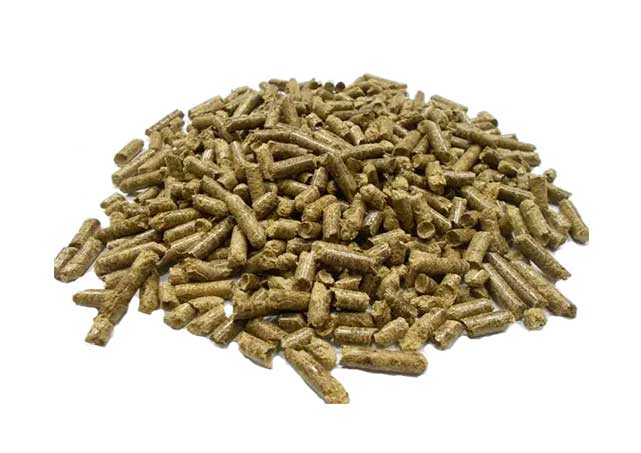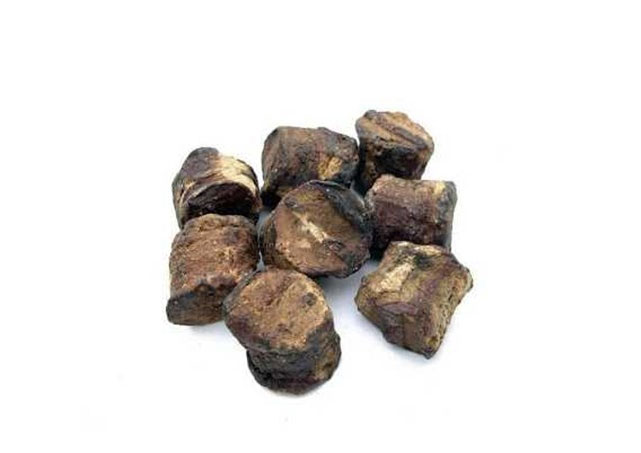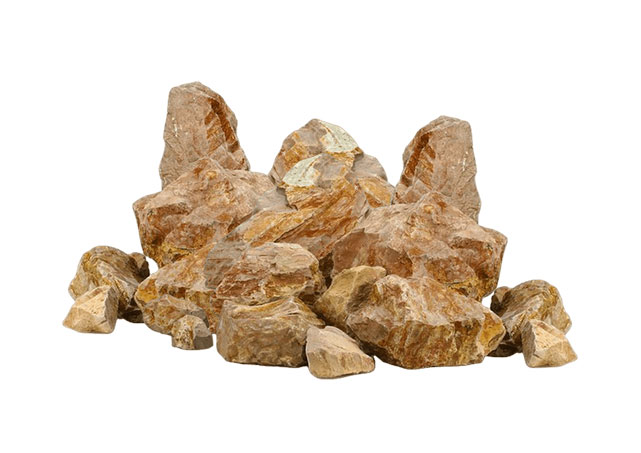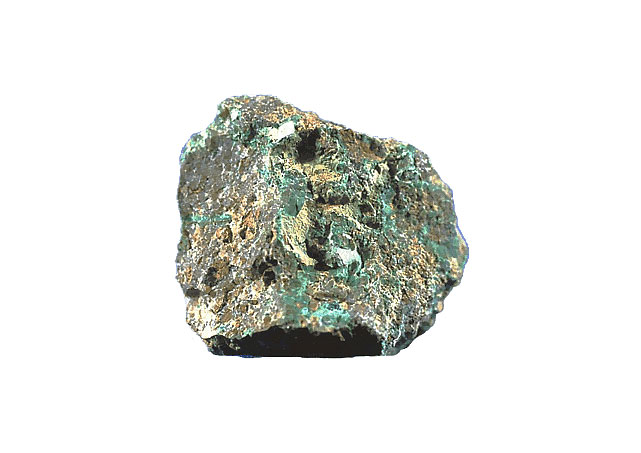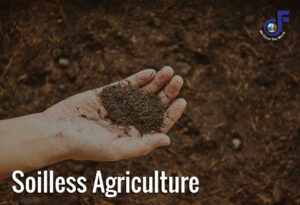Many of the world’s nations and environmental organizations have been actively involved in the search for renewable energy in recent years. The concerns about carbon emissions and its substitute have sparked debate among environmentalists and policymakers. Although sustainable energy support like biomass wood pellets has been implemented across the globe, environmentalists strictly deny this idea in the name of sustainability.
Omri, A. & Belaïd, F. (2020) in their study stated that renewable energy should be capable of providing a substantial role to balance the environmental, social, and economic impacts. On the other hand, some people claimed the reversed impacts from this LCD (Low-Carbon Development) strategy.
The Environmentalists’ Controversy

In recent years, several environmentalists expressed their objections toward pellet production and wood pellet factories. Based on an environmentalist interview with BBC, a public service broadcaster, it is stated that the carbon emissions in wood pellet production are equal to burning coal. For this reason, wood pellet manufacturers are blamed for bringing more water, air, and noise pollution to the environment. To prevent more emissions, environmentalists further demand the forest should remain intact regardless of the increased demand for wholesale wood pellets.
Other environmental activists stated the same claim in interviews with Wired (an American magazine company) and Yale Environment 360 (environmental journalism platform). One stated that pellet manufacturers have bloomed across the globe, which added more numbers to deforestation. Biomass pellet production degrades the critical forest habitat and increases carbon emissions. Another environmentalist claimed that pellet manufacturers contribute to releasing more carbon dioxide into the atmosphere.
On the other hand, most wholesale wood pellets manufacturers balked at these claims by proving their sustainability commitments.
Wood Pellet Production - Pellet Manufacturing Companies & Environmental Sustainability Policy
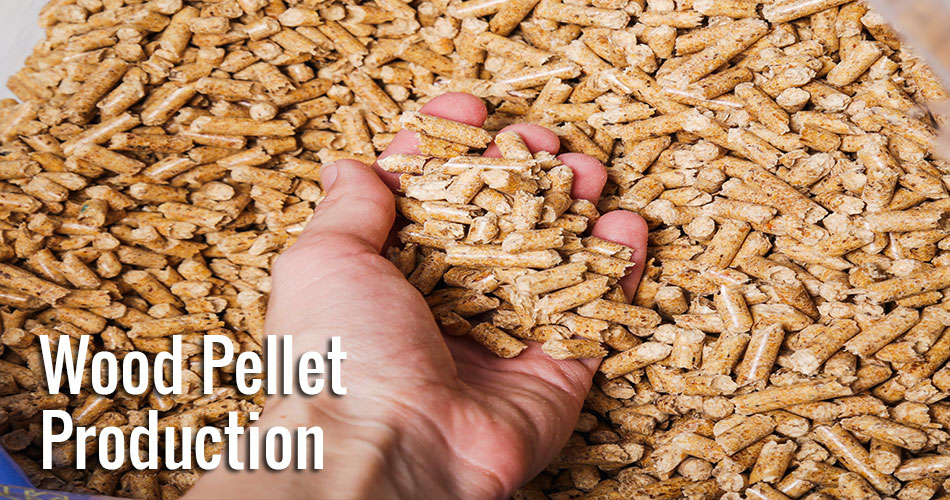
In 2008, Sikkema et al. (2011) found that 8.2 million tons of biomass wood pellets used across the EU-27 countries, Norway, and Switzerland are responsible for degrading carbon emissions by as much as 12.6 million tons. This leads to the demand for biomass wood pellets as renewable energy sources increase.
Based on Rimantho et al. (2023) in their research, the demand for bulk wood pellets substantially increased by 25%-30% throughout the year 2020. From 2020, more pellet manufacturing companies compete in the global market as the demand remains high until this year. A market consulting firm, Data Bridge, forecasts that wood pellets will continue to grow at a CAGR (Compound Annual Growth Rate) of 6.2%. To balance this growth, pellet manufacturers and policymakers are striving to build a sustainable approach in the wood pellet industry.
How do Pellet Producers Produce Sustainably-Sourced Wood Pellets in Bulk for the Global Market?
According to the global environmental organization, National Geographic, industries are highly possible to tamper air quality, water pollution, and even climate change. Today, most sustainable wood pellet factories and wood pellet suppliers have put more concerns about human impacts on the environment. The reason is far beyond just satisfying the customers’ demand; they strive to ensure that their product is sourced in a sustainable and responsible way.
Based on an interview with BBC, a director of top pellet manufacturing companies stated that they have applied a sustainability approach to produce their wood pellets in bulk. They deny the idea of sourcing wood pellets from pristine forests. Instead, they have turned to privately-owned forests, which enables them to run their wood pellet production without jeopardizing the wild forest. For every tree cut down, they ensure a re-planting program. They also stated that only fast-growing trees utilized in biomass pellet production, such as pines or mixed hardwoods. If they do not own production forests, wood pellet factories still have another option to utilize waste wood or low-grade wood fiber.
In an interview with Wired, Bob Abt, an ecology researcher, claims that the carbon footprint in biomass pellet production is highly possible to lower compared to fossil fuels. But only if it produces under the right ecological conditions. The USIPA (The United States Industrial Pellet Association) director in an interview with Yale, agreed with this claim by saying that wood pellets have a lower content of sulfur, nitrogen, ash, chlorine, and other harmful substances than coal. Now, most wood pellet factories not only provide a low-carbon alternative to coal but also displace the utilization of non-renewable energy sources like fossil fuels in their production.
The Policymaker Regulations for Biomass Wood Pellets Burning Appliances
To execute this sustainability commitment, policymakers strictly regulate the utilization of wood pellets in bulk. Based on the data from The United States Department of Energy, the policymakers in several states have restricted the installation of unstandardized wood pellet burners. Only new-generation wood pellet burning appliances that produce cleaner burning and sufficient heat that are allowed for in-house combustion. They also recommend people install wood pellet burning appliances that have been certified by EPA (United States Environmental Protection Agency) and utilize fans to help the heat circulate evenly.
To prevent more air pollution caused by wood pellet burning, EPA has listed strict regulations for wood pellet burners in several states. This includes the prohibition of wood pellet burners when the air quality deteriorates.
Where to Buy Biomass Wood Pellets in Bulk? - A Direct-Trade Biomass Wood Pellets Supplier
Environmentally-friendly equipment is highly recommended to build a better business reputation. It helps you to bring sustainable value to your business, bringing you one step ahead from your competitors. Based on this reason, it is highly possible to attract more customers that hold the similar value.
Jaffarindo Palm Mas is a wood pellet supplier that provides a low emission alternative to nonrenewable energy. Biomass wood pellets produce high heat value that matches the commercial enterprise standard. Based on this reason, you are able to reduce carbon emissions without compromising the production process.
To purchase biomass wood pellets in bulk, request a personalized quote through our email. Send your inquiry to ptjaffarindo@gmail.com.






